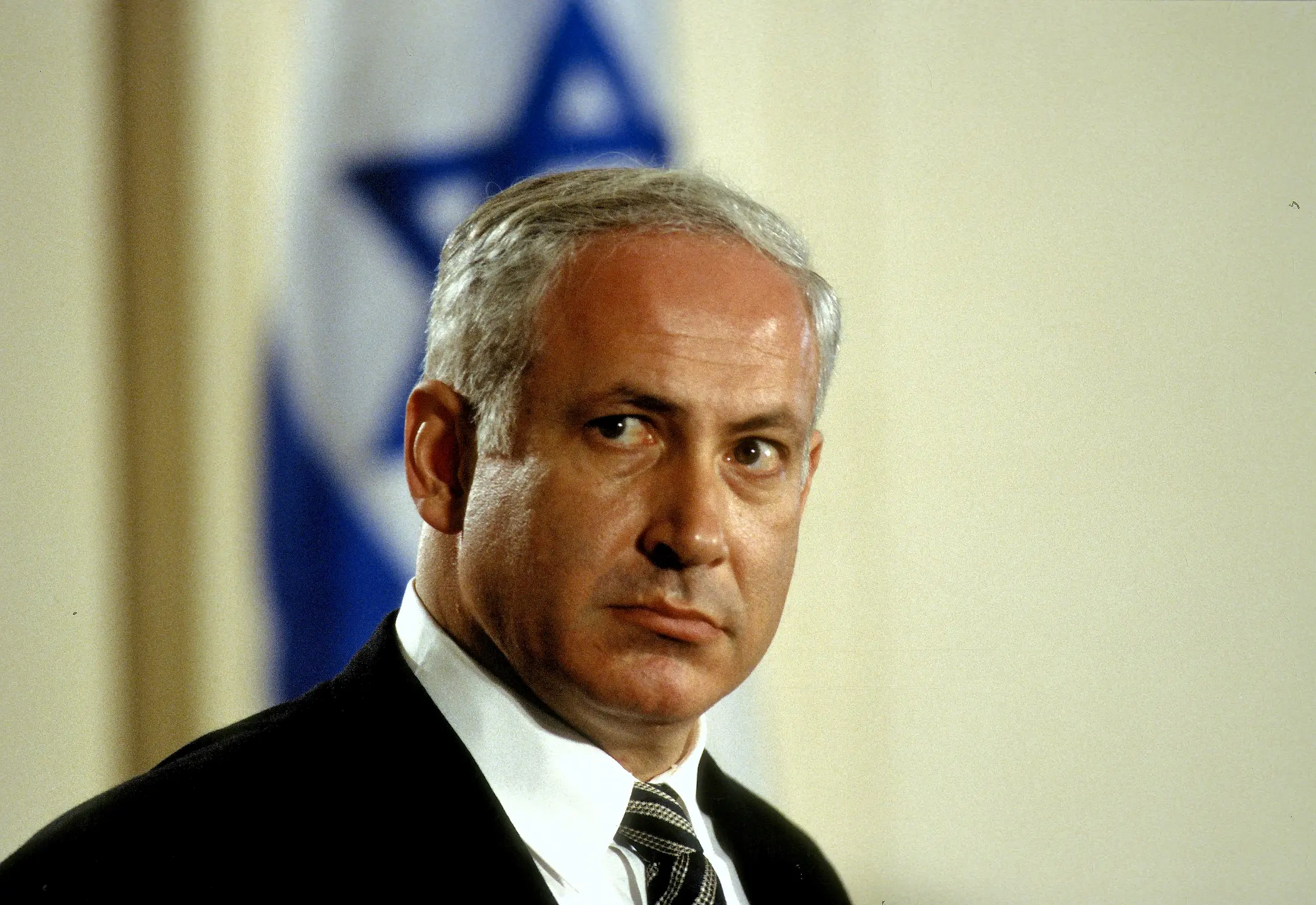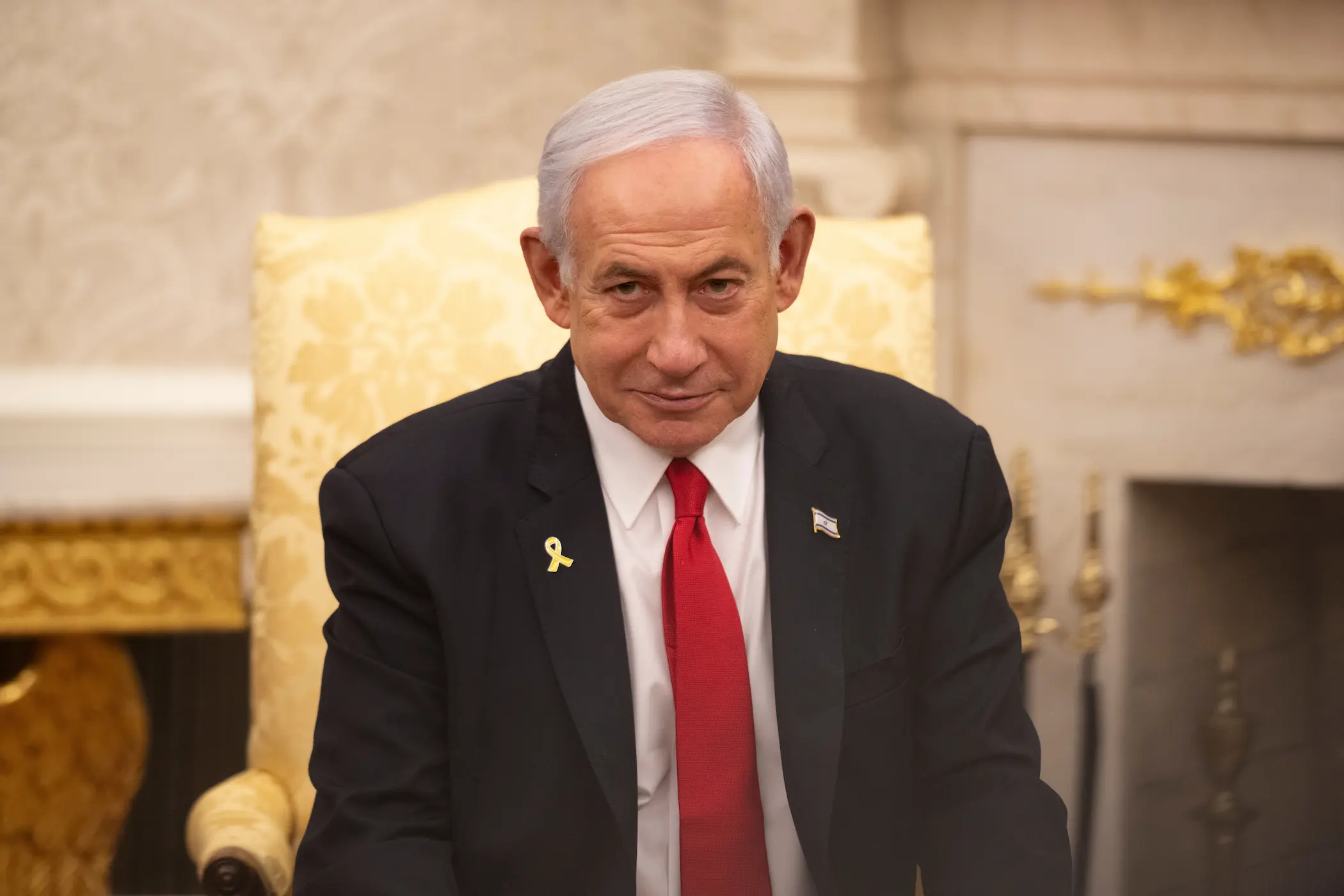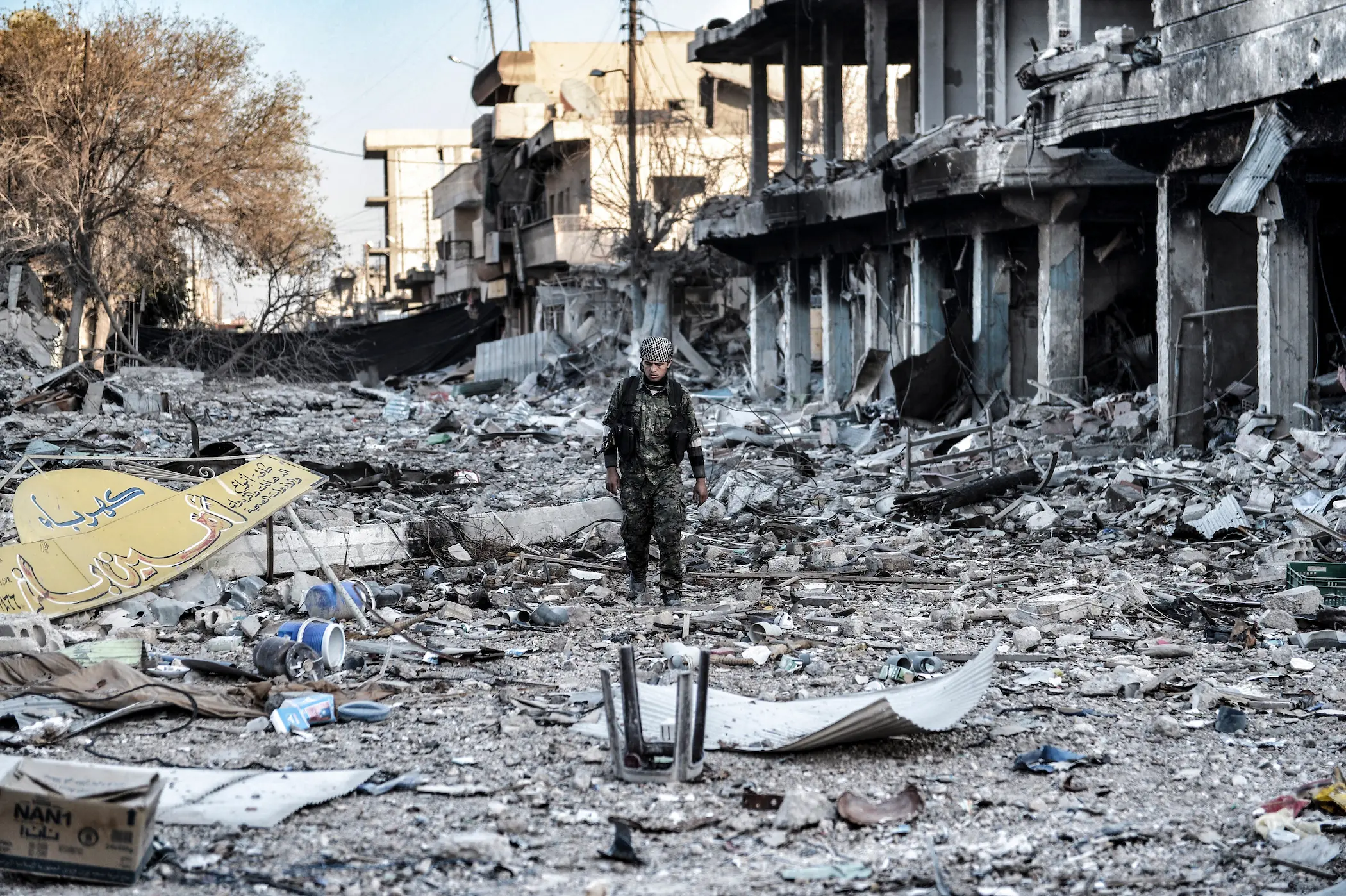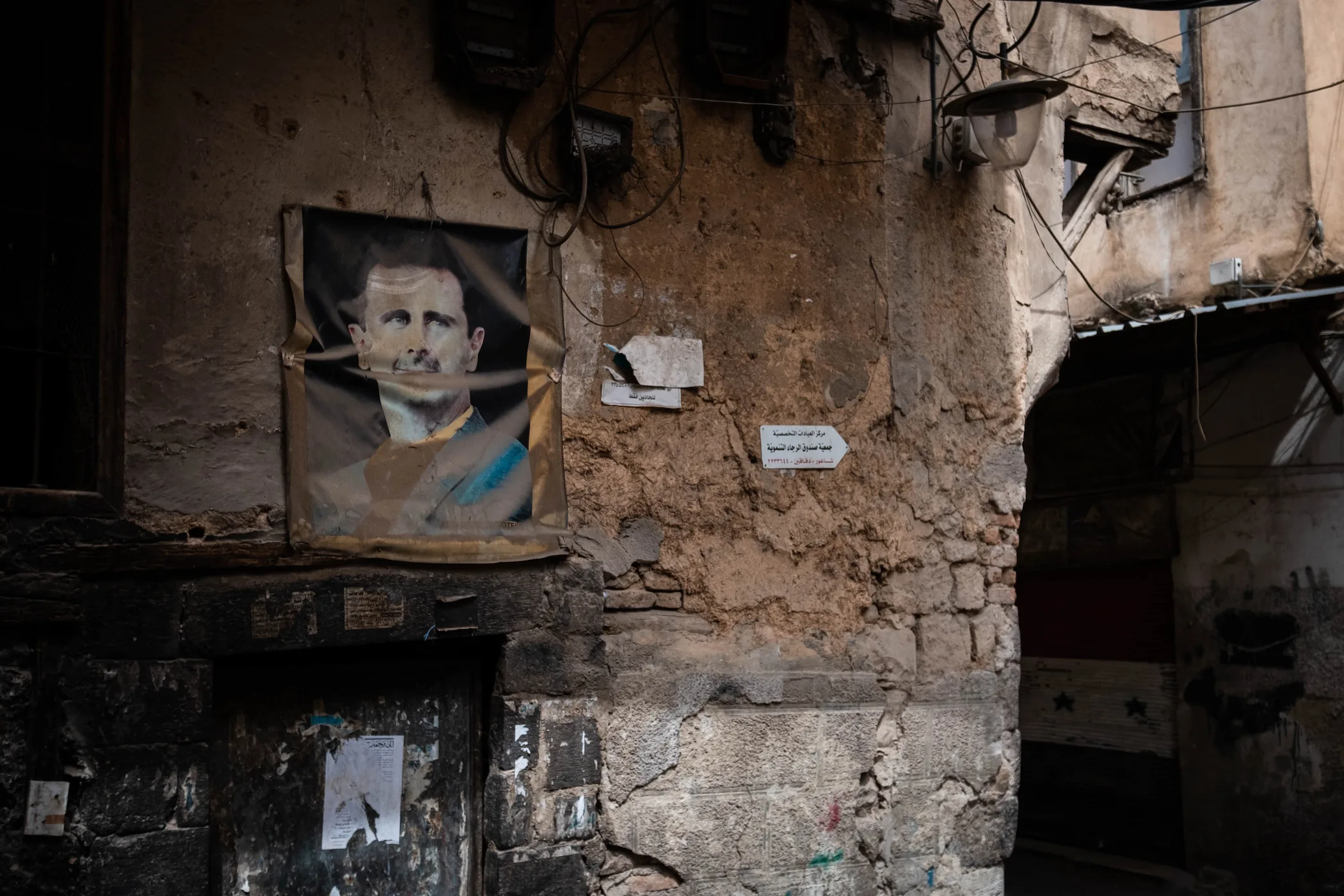29 Sep 2025
What If: The Turkish Judiciary Invalidates the 2023 CHP Leadership Elections?
The Republican People’s Party (CHP) managed to achieve a noticeable electoral victory against the ruling Justice and Development Party (AKP) in the latest local elections that were held on 31 March 2024. However, the joy of victory did not last long, as the Mayor of Istanbul, Ekrem İmamoğlu, was arrested for corruption charges before being ousted from his position as the Mayor of Istanbul. The investigation into corruption charges revealed that the CHP leadership elections held on 4–5 November 2023, which resulted in the election of Özgür Özel as the party’s leader, might have involved illegal activities that could have jeopardised the transparency of the outcome. As a result, the Turkish judiciary is investigating this issue at the moment. On Monday, Sept. 15 2025, a Turkish court in Ankara held a hearing in a case questioning the legitimacy of the CHP’s 2023 leadership election (the 38th Congress), alleging irregularities like vote-buying, meaning that the outcome of the CHP leadership elections may be invalidated. If it happens, the impact on the CHP and electoral map in Turkey could be massive.
22 Sep 2025
From Diplomacy to Expansion: Netanyahu’s Unpredictable War Path
Netanyahu’s ambitions are no longer confined to diplomacy or the pursuit of normalisation agreements. The Abraham Accords, once seen as his utlimate goal of his contemporary regional strategy, now appear irrelevant, cast aside in favor of a far more aggressive vision. What is unfolding is not the politics of peace but the politics of expansion, where no Arab country can assume immunity. The question of which state will be targeted next is impossible to predict, precisely because Netanyahu’s actions are driven less by rational calculation than by the confidence that comes with unconditional American support. Few could have imagined that Doha, with its U.S. military base and status as a close Washington ally, would be struck, yet it happened. This unpredictability signals a dangerous reality: the scale of war is set to widen, and any country in the region could find itself Israel’s next target.
18 Sep 2025
An Isolated Israel
Israeli Prime Minister Benjamin Netanyahu recently acknowledged that Israel is entering a phase of economic and political isolation internationally, largely due to its ongoing military actions in Gaza. He warned that this isolation may last for years and insisted that Israel must adapt by becoming more self-sufficient, especially in its weapons manufacturing capabilities. Netanyahu described this shift as moving toward an economy with "autarkic characteristics," a term he said he despises since he has long supported free-market policies. Nonetheless, given potential export bans and economic sanctions, he emphasized Israel's need to be both "Athens and super-Sparta," implying a combination of intellectual and military self-reliance to withstand these challenges.
His comments are a rare admission that Israel faces significant global backlash and diplomatic estrangement due to the nearly two-year war in Gaza. Several Western countries, such as Spain, have cancelled arms deals with Israel over the war, with a U.N. Independent International Commission finding that Israel is committing genocide, and a slew of other countries have officially recognized a Palestinian State.
Netanyahu's remarks mark a rare acknowledgment of the changing international environment around Israel. This mounting isolation not only underscores Israel’s diplomatic challenges but also highlights the growing vulnerabilities within its economy, as sanctions, boycotts, and the loss of arms contracts emerge as direct consequences of its genocide in Gaza.
17 Sep 2025
Arab Airspace Blockade After Doha Attack
This paper provides a comprehensive assessment of the potential economic, political, and security outcomes should the Arab and Islamic worlds enact a coordinated airspace blockade against Israel. The specified catalyst for this action is the Israeli airstrike on Hamas leadership in Doha, Qatar, on September 9, 2025, an event that has already precipitated a significant realignment of regional diplomatic postures.
The central thesis of this analysis is that a coordinated airspace blockade would represent a strategic shock to Israel, not merely a logistical inconvenience. It would function as a form of asymmetric economic warfare, inflicting severe, multi-sector damage on Israel's globally integrated economy by targeting its core vulnerabilities in aviation, high-value trade, and tourism. The direct economic impact is estimated to be a contraction of 4.8% to 5.7% of Israel's Gross Domestic Product (GDP), a shock sufficient to trigger a deep recession.
Politically, the blockade would fundamentally re-order the regional geopolitical landscape, shattering the post-2020 status quo established by the Abraham Accords and rendering further normalization efforts untenable. It would accelerate a strategic pivot by Gulf Arab states away from a singular reliance on the United States as a security guarantor, fostering a new, region-driven security architecture. For the United States, such a development would present an acute diplomatic crisis, forcing a choice between its ironclad alliance with Israel and its vital strategic partnerships with Arab nations, thereby undermining a cornerstone of its Middle East policy.
From a security perspective, the blockade would act as a "gray zone" challenge, a highly coercive act that exists in the ambiguous space between peace and declared war. It would degrade the operational reach of the Israeli Air Force (IAF) and place the onus of military escalation squarely on Israel. A decision by Israel to forcibly challenge the blockade would create a high-probability pathway to a wider regional military conflict, potentially drawing in the Gulf states, Iran and its proxies, and the United States. The airspace blockade, therefore, represents a plausible and potent instrument of collective action that could irrevocably alter the strategic balance in the Middle East.
18 May 2025
A New Regional Committee to Fight ISIS
In March 2025, Turkey, Syria, Jordan, Lebanon, and Iraq agreed to create a joint committee to fight the Islamic State of Iraq and Syria (ISIS). While this committee reflects the desire of regional countries to take lead in deterring regional security threats, it also motivates the United States to withdraw its forces from Syria, giving more space to the new formed committee to fight ISIS. Moreover, the newly formed committee could serve as an alternative to the U.S.-led international coalition that was established in September 2014 to counter ISIS and curb its spread in Syria and Iraq.
While the coalition was instrumental in weakening the group, mainly through airstrikes and by supporting Kurdish armed factions on the ground, it now appears that regional actors are stepping in to lead the next phase of counterterrorism efforts.
24 Apr 2025
Divergent Agendas: Turkey and Israel in Syria
The Syrian Civil War transformed Syria into a battleground for regional powers seeking to advance their strategic interests. Among these powers, Turkey and Israel have emerged as pivotal actors, each pursuing distinct objectives that often clash, exacerbating instability in Syria. While Turkey’s ambitions in Syria are driven by consolidating the authority of the new regime in Syria to dissolve and disarm Kurdish armed groups, Israel emphasises supporting the Druze in the south of Syria and the Kurdish groups in the east of Syria to limit the functionality of the new Syrian government. Israel has also other strategic interests in Syria, such as countering Iranian influence and establishing buffer zones in southern Syria to separate Syrian forces from the Israeli-occupied Golan Heights.
13 Mar 2025
Silent Annexation: The Fate of Southern Syria
Caught in the crosscurrents of escalating regional and international rivalries, and witnessing an increasingly assertive Israeli presence, Southern Syria stands at a critical juncture. Ambiguity hangs heavy in the air, obscuring the long-term trajectory of a land grappling with fractured governance, demographic shifts, and the looming threat of further fragmentation. As international and regional actors jostle for influence and advantage, Israel's expansionist ambitions in the south proceed with a disconcerting sense of ease, guided by a methodical strategy and far-reaching objectives. This expansion, however, is not merely territorial; it is reshaping the very fabric of Southern Syria, impacting its social and demographic tapestry, and transforming it into a volatile arena for regional proxy conflicts. Meanwhile, the Syrian state, nominally in Damascus, grapples with deep-seated internal divisions and a diminished capacity to exert meaningful control, potentially paving the way for negative scenarios that threaten the nation's already fragile unity and sovereignty. This analysis aims to dissect these complex transformations, illuminating Israel’s calculated strategy, assessing the internal vulnerabilities of Syria, and anticipating the potential risks that lie ahead for this strategically vital, yet increasingly precarious, region.
4 Mar 2025
A Troubled Chain of Command: Politics and the IDF
The appointment of Major General Eyal Zamir to the helm of the Israeli Army, will take office on March 6, transcends a routine leadership transition. It portends a potential strategic recalibration in Israeli military thinking, responding to evolving threats and perceived doctrinal vulnerabilities. Lauded across Israel's political spectrum as the right leader for these turbulent times, Zamir inherits a complex and precarious landscape. He is tasked with revitalizing an army perceived as "faltering," navigating a potentially obstructive political environment, and addressing a volatile region simmering with unresolved conflicts. Adding to the weight on his shoulders is the historical baggage he carries in the eyes of Palestinians, for whom his name evokes memories of harsh measures during past uprisings and operations. This analysis delves into the implications of Zamir's appointment, the delicate dance between political leadership and military autonomy in Israel, the anticipated doctrinal shifts under his command, and the spectre of looming confrontations on multiple fronts.
25 Feb 2025
How Does Populism Shape National and Global Politics?
Populism has recently risen in different regions, including Europe and the United States, constituting a challenge to local and global politics. While this phenomenon existed in Europe before the Second World War (WII), the rise of the Soviet Union as a principal threat to Europe after WII prompted them to neglect populism’s negatives and emphasise confronting the Soviet challenge. After the collapse of the Soviet Union in 1991, Europe began an institutionalised process of identifying new internal and external threats, attempting to keep its capabilities mobilised for confronting challenges that might suddenly arise. This process led to identifying several internal threats, such as migration, lack of skilled employment, and populism as serious threats. Moreover, European integration began a new phase with the conclusion of the Maastricht agreement in 1992, creating the EU in its current form, which prompted Europeans to identify populism as a threat that might impede European integration.
10 Feb 2025
Turkey and Iran: Commonalities and Contradictions
Following the Arab Spring, Turkey and Iran started expanding their influence in the region, utilising the state of instability. While both countries compete over expanding influence in Syria, Iraq, and Azerbaijan, they managed to maintain strong mutual relations. The analysis examines foreign policy tools employed by both countries to maximise their benefits along with analysing the commonalities and differentiation of interests between them in the Middle East.
23 Dec 2024
The Fall of Al-Assad: Beyond the Defeat of a Regime
More than a decade after the outbreak of the Syrian Civil War, the unexpected fall of the Assad regime shocked many commentators and world leaders who believed that President Bashar Al-Assad had firmly consolidated his power. This development demonstrated that despite enduring years of civil war, Syria continues to hold strategic relevance at both regional and international levels. The conflict has provided an opportunity for regional and global powers to establish a presence in the country, amplifying the impact of the regime's collapse far beyond Syria's borders. Notably, the fallout has produced clear winners, with Turkey and Israel at the forefront, and losers, including Russia and Iran. Meanwhile, some European countries have discreetly benefited from the situation without openly acknowledging their gains.
18 Dec 2024
Mahabad: Oil, the Peshmerga, and the Collapse of the Kurdish Dream
The Kurdish dream of establishing an independent state was on the verge of realisation after centuries of demands in Jan. 1946. This came when “Qazi Mohammad,” the Iranian Kurdish leader, declared the establishment of the Mahabad Republic in the province of the same name, now part of the Islamic Republic of Iran. However, this dream quickly dissipated when the Soviet Union withdrew its financial support for the nascent state. The intensification of the economic blockade on the region further compounded the situation, preventing the entry of food supplies and reducing agricultural production. These pressures led to dramatic shifts in the loyalties of Kurdish tribal leaders who had initially allied with “Qazi” during the state's formation, hoping to secure a share of Soviet financial and food aid.
The food situation worsened over time, pushing some leaders of the Mahabad army to leave the capital, especially as Iranian forces were nearing its entrance, leaving the Kurdish leader and a small Kurdish group behind to face an unequal battle with the Iranian army. Therefore, to spare Kurdish blood, it was decided to surrender on December 15 of the same year, leading to the Iranian army's occupation of Mahabad and the declaration of the state's fall. In the end, “Qazi” was executed in March 1947, marking the end of the closest attempt to establish a Kurdish state.
About a quarter of a century later, the Iraqi Federal Supreme Court issued a series of rulings regarding Iraqi oil exported by the Kurdistan Region of Iraq. The latest ruling, issued in Feb. 2024, mandated the Kurdistan Regional Government’s Council of Ministers to hand over all oil and non-oil revenues to the central government in Baghdad. This could have a dual impact similar to that caused by the cessation of financial support and the Iranian blockade on the Mahabad army, but this time it affects the Peshmerga forces that represent the hope for preserving the “autonomy” of the Kurdistan Region of Iraq considered the second closest Kurdish attempt at establishing a national homeland for the Kurds.
Therefore, the First Part of this paper addresses the political situation of the Kurds, focusing on the status of the region in the Iraqi Constitution, the contentious issues between the region and the federal government, and the impact of these disputes on the continuity and existence of the Peshmerga. The Second Part reviews the economic situation, examining the effects of the series of judicial rulings on the conditions that undermine the autonomy of the regional government in selling oil and the repercussions of this on the Peshmerga as a Kurdish defence force that protects the “autonomy” of the region, forming the last line of defence against its collapse.











